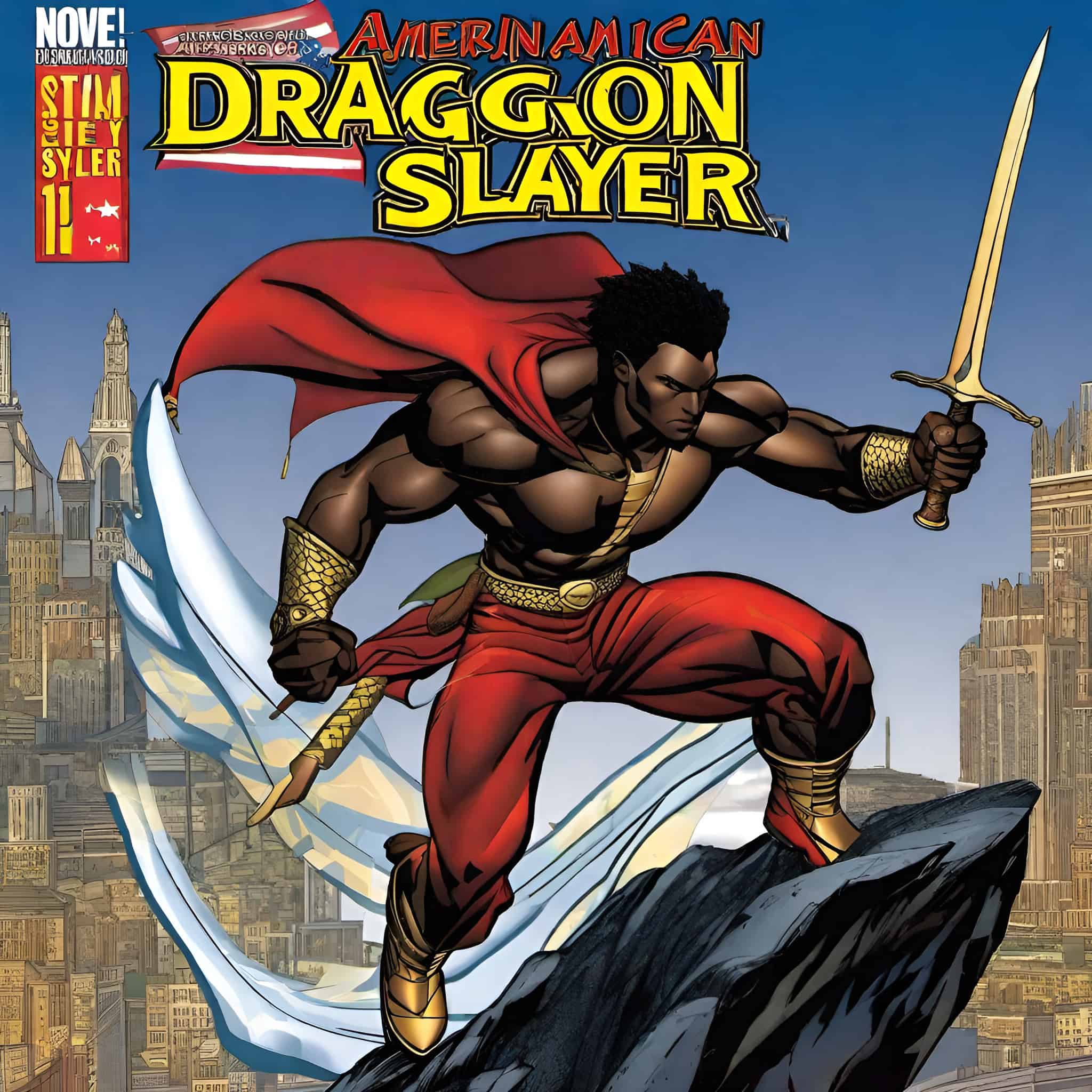The Challenge of Standing Alone: Social struggles can often feel like solitary battles, especially when those around us choose to remain neutral. This stance of non-intervention can lead to a profound sense of isolation for individuals who are seeking support. Understanding the psychology behind the phrase “I don’t want to get in the middle” unveils why this phenomenon is common and may offer solace to those feeling abandoned.
Self-Preservation Instincts: The human instinct for self-preservation is powerful. It’s not uncommon for individuals to avoid involvement in conflicts to shield themselves from potential social, physical, or emotional repercussions. Psychological research supports the notion that self-protective behaviors are deeply ingrained in our decision-making processes, often operating on a subconscious level.
Calculated Decisions: The Cost-Benefit Analysis: Decisions in social contexts are frequently governed by a cost-benefit analysis. Psychological studies highlight that when the perceived risks of involvement outweigh the benefits, people tend to opt for self-preservation. This ingrained evaluation often leads to inaction, as the individual’s well-being takes precedence.
The Bystander Effect: A Diffusion of Responsibility: The bystander effect is a well-documented psychological occurrence where individuals are less likely to offer help to a victim when other people are present. The diffusion of responsibility in groups can lead to a passive stance, as everyone expects someone else to step forward.
Moral Compass: Personal Values and Ethics: Individual values and morals play a significant role in one’s decision to intervene in a conflict. Those who hold non-interference and personal responsibility in high regard may choose not to engage, aligning their actions with their ethical beliefs. This adherence to one’s moral framework is a personal choice that prioritizes individual ethics.
Risk Assessment and Harm Avoidance: At times, intervening in a volatile situation can result in increased harm to all involved. A careful risk assessment may lead to a deliberate choice not to act, in an effort to minimize potential danger. This choice, while seemingly self-centered, is often a strategic decision to prevent further conflict.
Recognizing and Becoming True Allies: In a world where actions speak louder than words, the presence of true allies is crucial. It is vital to discern between those who are genuine supporters and those who are mere spectators. This awareness encourages individuals to seek and offer true solidarity, fostering a community where no one has to stand alone.
My intentions for writing this piece: This article incorporates psychological research and theories to shed light on the reasons behind non-intervention, aiming to offer understanding and inspiration to those feeling isolated. Recognizing the complex interplay of psychological factors at work can empower individuals to navigate their social worlds with greater insight and resilience.

